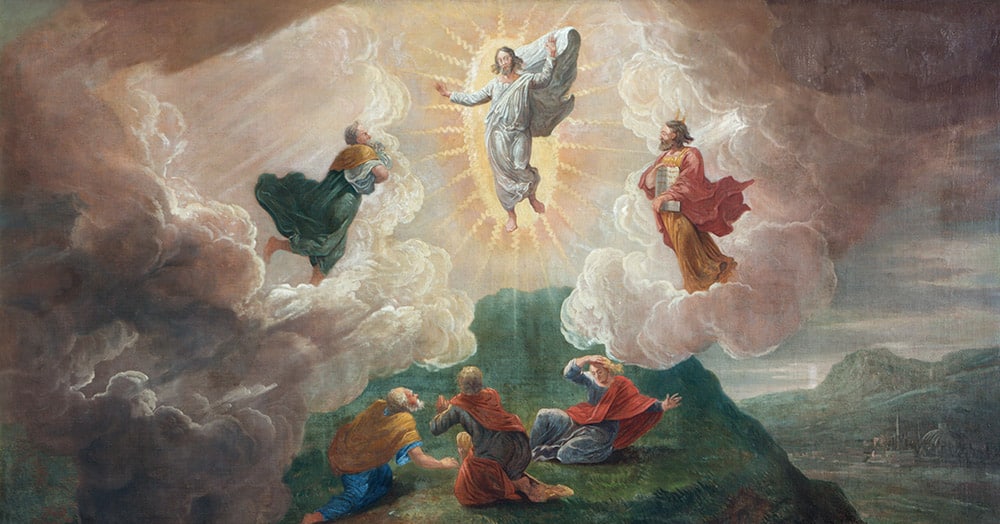
These are God’s first words to Abram. Can you imagine being Abram at this moment? Remember, Abram is not familiar with this God who suddenly addresses him, seemingly out of nowhere, and whose first address is to tell him to leave his family and go to a new land that I will show you. If you were Abram, would you go?
What if this God also said your name would become great and, even better, that all the world would find blessing in you? Would you go then?
In other words, Abram presents the question of responding to God with wholehearted discipleship. The reader of Genesis wants to know if Abram will follow God because he thinks God will make him great, or if will he follow God simply so as to live according to God’s ways.
| March 5 – Second Sunday of Lent |
|---|
|
Gn 12:1-4 |
But, again, Abram doesn’t know this God, not yet. And he can only follow God wholeheartedly by coming to know this God who has suddenly called him, seemingly out of nowhere. And so he must go, even if he goes without himself knowing his motive when he sets out. God will reveal himself to Abram along the way.
As you may know, in following God, Abram becomes Abraham, or the “father of a multitude,” ourselves included. Though we don’t hear about them this Sunday, Scripture tells us of the sacrificial struggles involved in Abram becoming Abraham. Indeed, this is one of the beautiful things about Scripture: It never shies away from presenting the very real human struggle to receive God’s word and to offer our wholehearted response.
Elsewhere in Scripture, in his letter to Timothy, St. Paul echoes the call of God in Genesis. Paul addresses us as ones whom God loves wholeheartedly, calling us beloved. Paul goes on: Bear your share of hardship for the Gospel with the strength that comes from God. He saved us and called us to a holy life.
Perhaps Paul’s mention of being called reminds us of Abraham’s decision to go and so to be transformed by journeying along God’s ways. Indeed, the sacrificial struggles that made him Abraham made him also like God — they made him holy.
Holiness, Paul says, is what God calls us toward. It is the goal of our Abraham-like journeys. But will we go? Will we offer ourselves up to transformation by God’s ways, by our share of hardship for the Gospel?
How well placed, then, are our readings for this Sunday within our Lenten journey! Each year in this season, we set out anew on a journey to follow Christ and to be transformed by the One who has become our Way.
And lest we be discouraged by the struggles of our journey, this Sunday’s Gospel encourages and reorients us toward our journey’s goal. St. Matthew recounts Christ’s transfiguration, the moment in which his divine Love shown forth through his humanity: his face shone like the sun and his clothes became white as light.
Our goal is to follow the way of Christ’s humanity, which reveals God’s divine love for us with each step, and leads us to the dazzling light of his Love.
Will we go and follow the Way to the Cross, where that love is revealed, not in a face shining like the sun, but by blood poured out? Will we let our Lenten journey transform us such that we can say, Lord, it is good that we are here — in the struggle and on the way?
Catherine Cavadini, Ph.D., is the assistant chair of the University of Notre Dame’s Department of Theology and director of its master’s program in theology.





